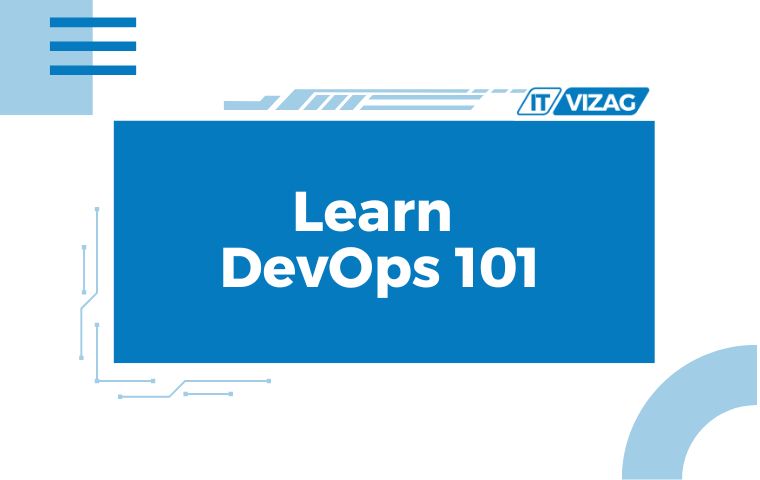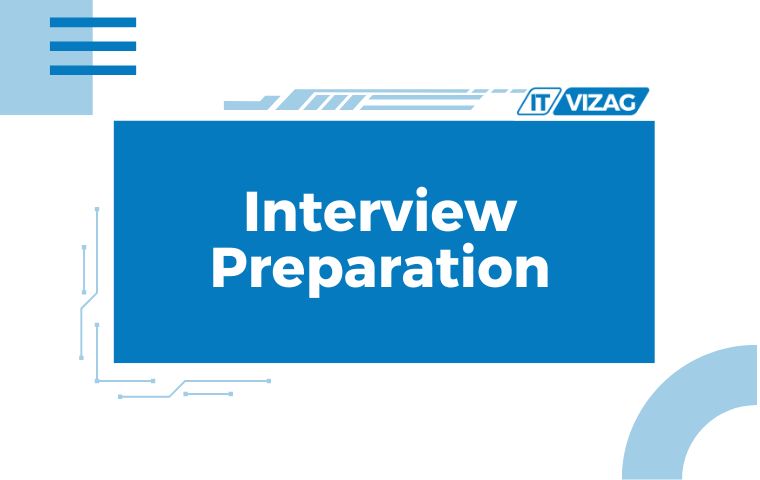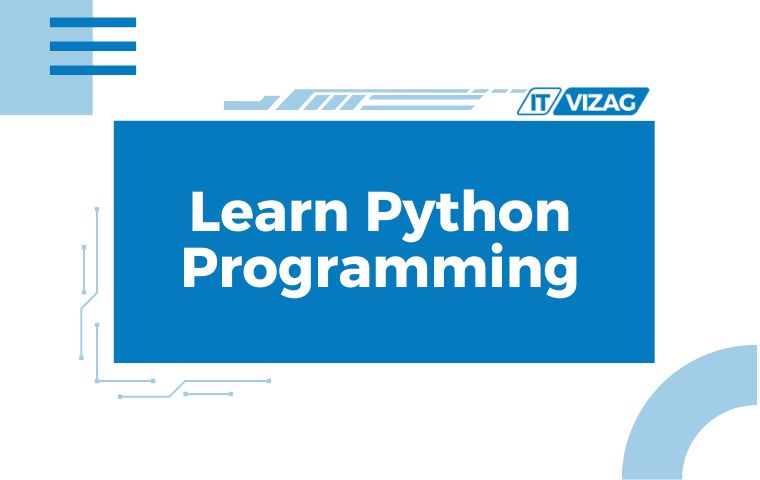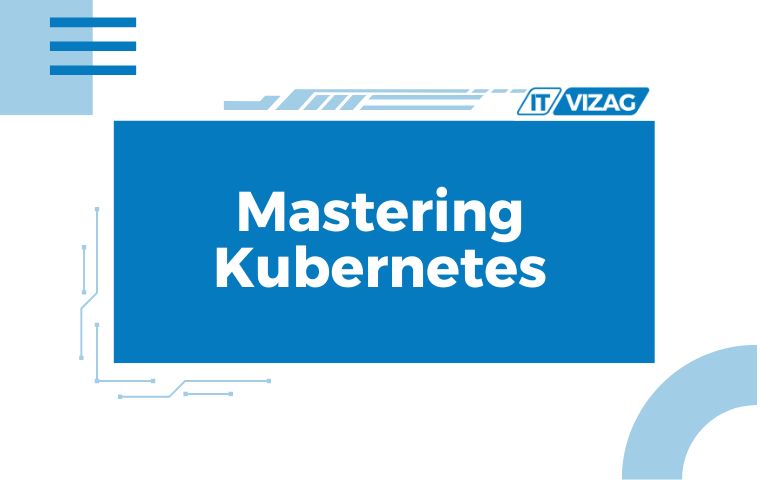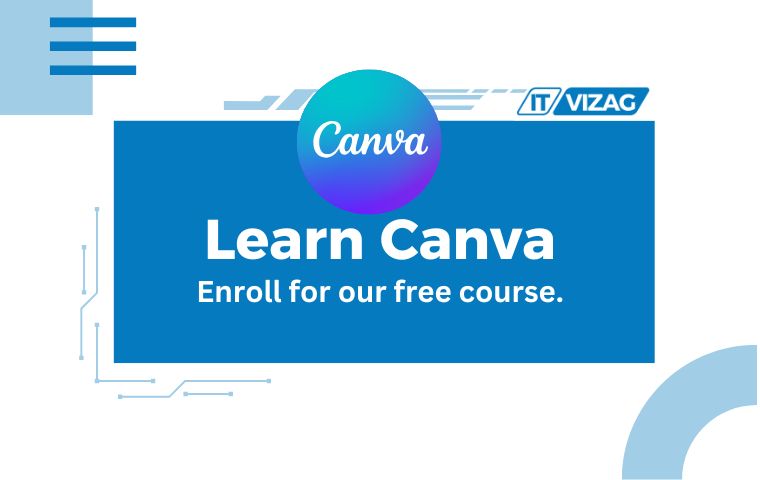Learn Devops 101 | Foundations Course from ITVizag

About Course
Module 1: Introduction to DevOps
- What is DevOps?
- Principles and philosophy of DevOps.
- Benefits of adopting DevOps in organizations.
- DevOps Lifecycle
- Overview of CI/CD (Continuous Integration/Continuous Deployment).
- Key stages: Plan, Build, Test, Release, Deploy, Operate, and Monitor.
Module 2: Version Control Systems
- Introduction to Git
- Key concepts: Repositories, commits, branches, and merges.
- Hands-on with Git basics:
init, clone, add, commit, push, pull.
- GitHub/GitLab
- Collaborating on projects.
- Managing pull requests and resolving merge conflicts.
Module 3: Continuous Integration (CI)
- Understanding CI
- Benefits of CI in software development.
- Popular tools: Jenkins, GitHub Actions, CircleCI.
- Hands-On with Jenkins
- Installing and configuring Jenkins.
- Creating a basic CI pipeline.
Module 4: Containerization with Docker
- What is Docker?
- Introduction to containers and Docker architecture.
- Differences between VMs and containers.
- Docker Basics
- Creating and managing Docker containers.
- Writing Dockerfiles and building images.
- Docker Compose
- Orchestrating multi-container applications.
Module 5: Configuration Management
- Introduction to Configuration Management
- Tools: Ansible, Puppet, Chef (focus on Ansible for simplicity).
- Getting Started with Ansible
- Writing playbooks to automate configuration.
- Managing nodes with inventory files.
Module 6: Orchestration with Kubernetes
- What is Kubernetes?
- Core components: Pods, Nodes, Clusters.
- Key concepts: Deployments, Services, Namespaces.
- Hands-On Kubernetes
- Setting up a local cluster with Minikube.
- Deploying an application to Kubernetes.
Module 7: Monitoring and Logging
- Importance of Monitoring
- Overview of tools: Prometheus, Grafana, ELK Stack.
- Implementing Monitoring
- Visualizing metrics with Grafana.
- Collecting logs with Elasticsearch and Kibana.
Module 8: Infrastructure as Code (IaC)
- Introduction to IaC
- Tools: Terraform, CloudFormation (focus on Terraform).
- Getting Started with Terraform
- Writing Terraform scripts to provision infrastructure.
- Managing infrastructure changes.
Module 9: Security in DevOps
- DevSecOps Overview
- Integrating security into DevOps workflows.
- Best Practices
- Secrets management (e.g., HashiCorp Vault).
- Security scanning with tools like Trivy or Aqua.
Module 10: Final Project and Next Steps
- Capstone Project
- Build and deploy a complete CI/CD pipeline.
- Use tools like Git, Jenkins, Docker, Kubernetes, and Ansible.
- Resources for Further Learning
- Recommended books, courses, and certifications (AWS, Azure, Google Cloud DevOps Engineer).
